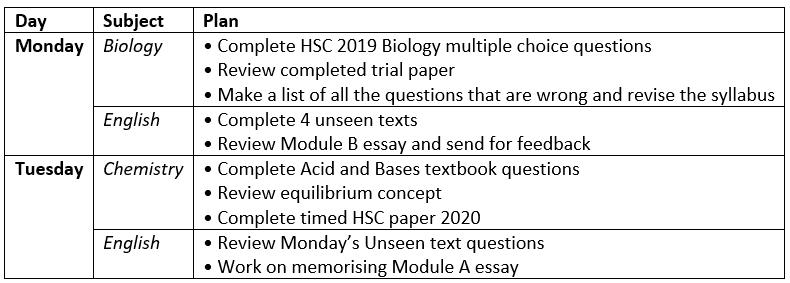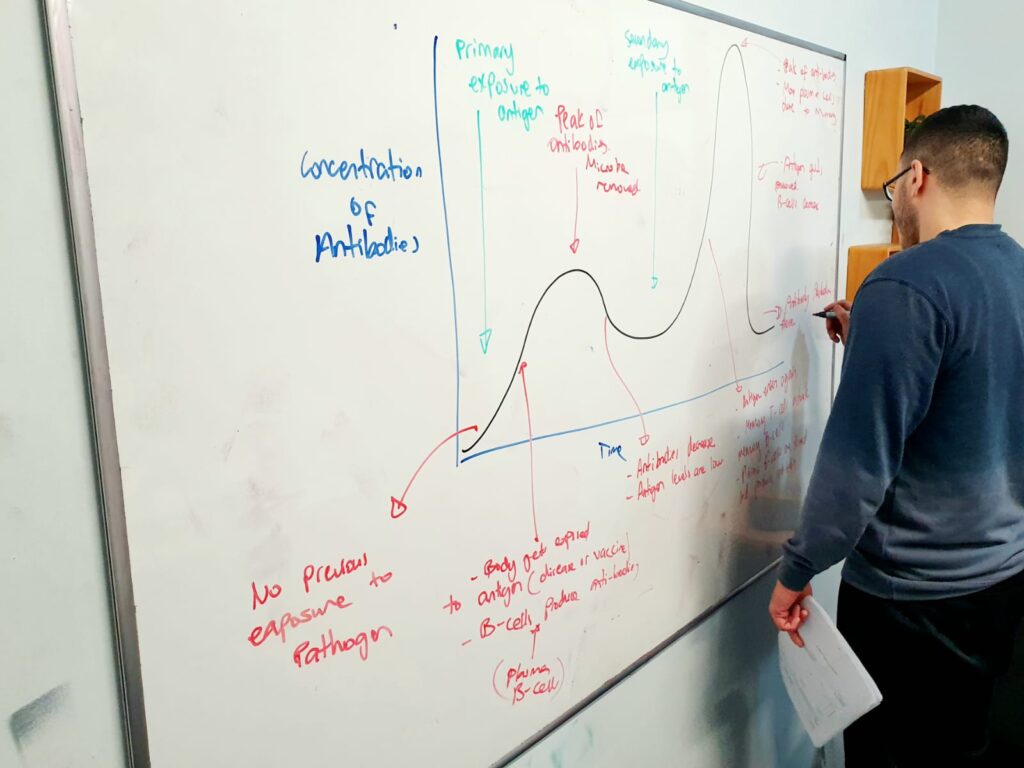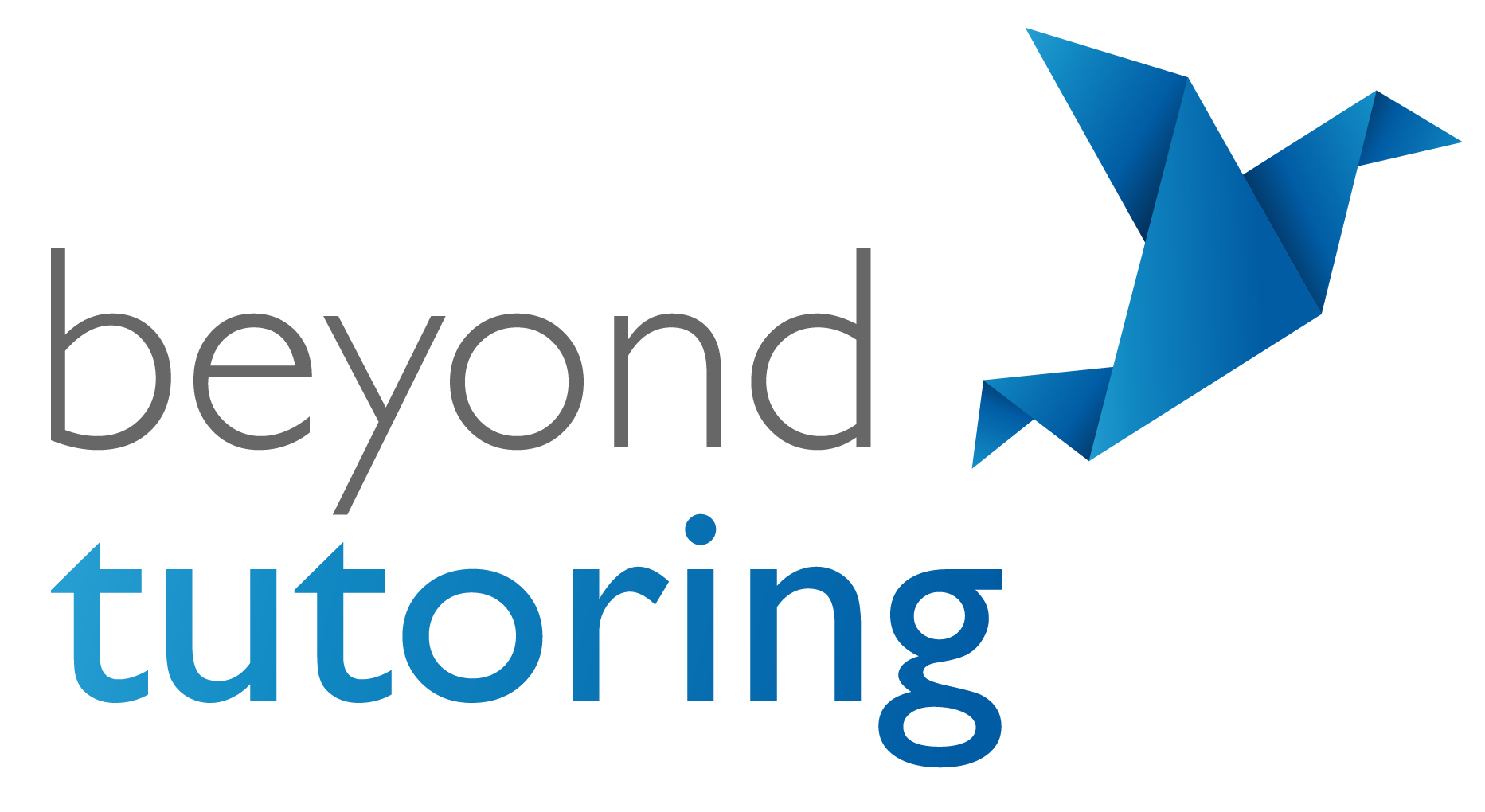Whether you want to admit it to yourself or not, the HSC trials are approaching, and it’s time to make sure you’re ready!
If taken seriously, they can be an extremely useful tool in familiarising yourself with the setting of your actual HSC exams. While they may not be worth as much as the hefty 50% HSC exams, they do make up a good amount of your internal mark, and set the groundwork for how your final exams will play out. This is why preparation for these mock exams needs to begin ASAP. In most cases, students put it off until the very last minute, resulting in serious late-night cramming and high amounts of anxiety.
By using these four steps, you are granting the best gift you can give your future self.
“You cannot escape the responsibility of tomorrow by evading it today.”
Abraham Lincoln
1. Make a realistic schedule and stick to it.
We can all be overly optimistic with study schedules, especially when we plan in advance with no regard to other worldly matters that may come into play. Which is why before even making a study plan, you need to assess and evaluate what you are capable of and what your strong points are.
If you are a morning person, don’t leave your studying till late at night. If you are easily distracted, don’t schedule in 5 hours of library time with your friends (regardless of how “serious” your studying will be). We have all said the famous “I actually need to study guys” when planning study dates. By narrowing down the environments that you work best in will save you from making schedules that you don’t stick to and would definitely keep your morale high when you’re feeling the heat of your exams.
So how do we actually plan?

In the weeks leading up to the trials you want to be able to set aside time for each subject. The amount of time spent on each subject is proportional to a number of things: Difficulty, date of the exam and how familiar you are with the subject. By doing so, you are limiting the possibility to ‘forget’ to study certain modules as well as purposefully neglecting subjects you might find difficult by focusing on your stronger ones.
Setting aside SMART objectives for each subject will give yourself a good guide to go along and ensure you are constantly held accountable. SMART objectives are designed to get you to focus on the things that you need, rather than the things you want. SMART stands for;
- Specific: don’t say “study biology”, specify what aspect of biology it is you want to focus on. For example, say “I’m going to study for Module 5 – Inquiry Question 2”
- Measurable: How many modules or pages did you want to complete?
- Achievable: Give yourself time, don’t put too much pressure to finish chunks of work you struggle to understand.
- Realistic: Good things take time – don’t expect top grades with minimal effort or study!
- Timely: Give yourself enough time to achieve your goals – don’t start too late.
We have put together a template below, feel free to adjust and use this for your own study plan.

2. Past Papers.
Practice. Practice. Practice.
This is a step that a lot of students fail to start early. They leave it until a week or so out of the exams, but by then, the window to make the most of the papers has passed. Practicing past papers is a high yield tactic to study for exams as most of the time, the questions that appear, will often reappear in a slightly different way in your actual exams. Therefore, the more questions you cover, the more exposure you will receive and by exposing yourself more, you make it easier for yourself to ace the exams.
This is very similar to any sport – let us use powerlifting as an example. When an athlete steps on the platform and has to bench press 140kg, they most likely would have done it roughly 100 times prior to the competition day. They would have practiced the technique over and over again and would fix their technique when it wouldn’t be perfect in order to ensure they are competition ready. Taking an exam is no different, and understanding why you are getting questions wrong is crucial in assisting you with the skills required to take on the actual questions on exam day.
3. Do not waste time writing notes.
Writing notes is an excellent way to consolidate the knowledge you have learnt at school. However, doing this in the weeks leading up to the trials will be time-consuming and not as effective, as most of your time spent will be focused on writing with no practical knowledge gained. Instead focus on asking yourself questions and using flash cards on topics you struggle more with as well as sitting past papers.

Another way to go about doing this is finding a set of notes online. hile studying those, you can add in extra information on things that you feel require more clarification. That way, you have saved yourself the time spent writing and instead exercised your brain to dig for information that required more explaining. ‘Two birds one stone’ situation.
However, always remember that these notes should be used as a guide to go through questions, and relying on notes alone will not get you very far.
4. Focus on the syllabus and key outcomes
For most subjects, NESA outlines certain core topics that need to be addressed, leaving your school to choose the remaining topics that would be taught in class. This often leaves students purchasing textbooks with 6 chapters, while only ever covering 4. This is when the syllabus comes in, and will be your best friend for the remainder of your year.
The syllabus outlines all the required content for the year and is essential in ensuring the fundamentals of each subject are learnt. This will ensure students don’t focus their valuable time writing notes or studying for topics they will not be assessed on. When studying past papers, you will notice every single question comes from the syllabus, whether by taking the words verbatim or slightly rearranging them. Nonetheless, the syllabus in a way is your cheat sheet for the trials and HSC. Breaking it down and covering all the topics will give you what you need to succeed in your final exams.
For most subjects, the syllabus also uses keywords such as: describe, discuss, and explain. These words are crucial to understand as they essentially tell the student exactly how to answer questions and what to include in their answers.



